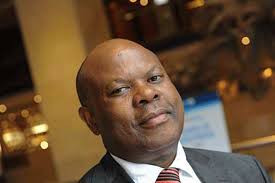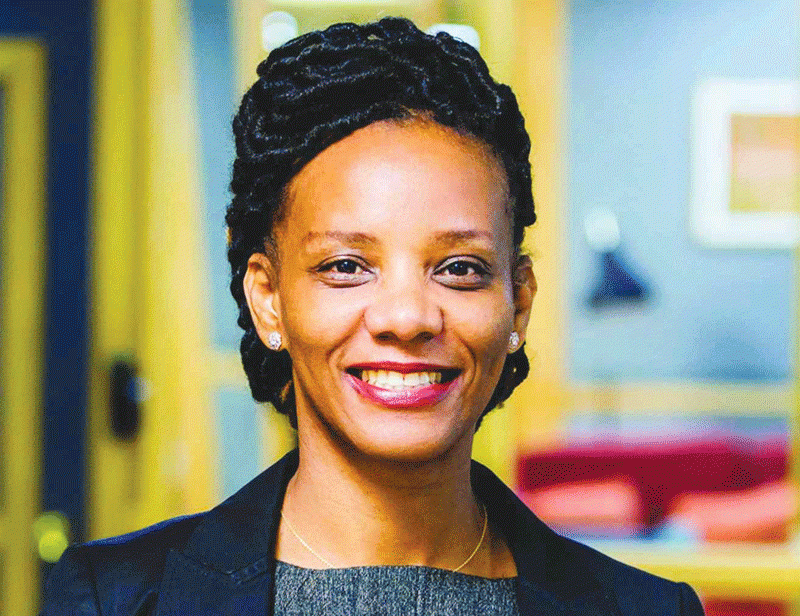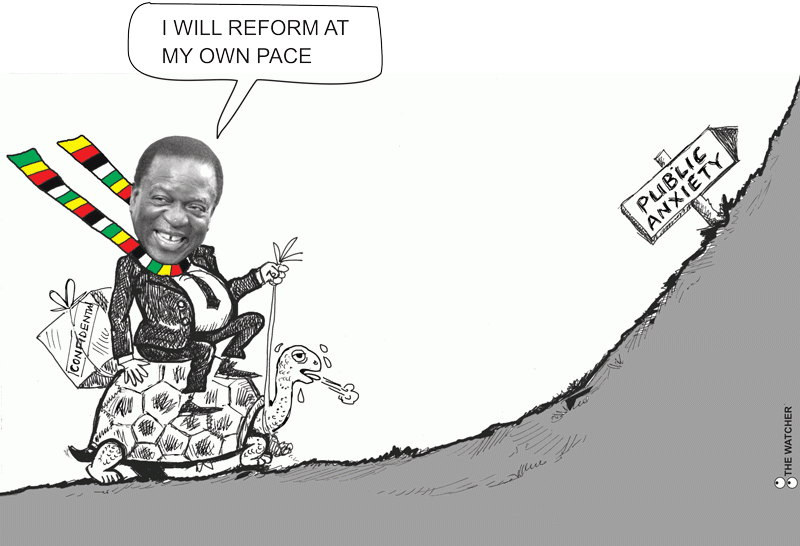
ZIMBABWE'S Board of Airline Representatives (BAR) is scrutinising the potential consequences of the government's recent hike in navigation fees for foreign airlines operating in the country's airspace, businessdigest can report.
The new regulations, outlined in Statutory Instrument (SI) 98 of 2024, may lead to increased operational costs and potentially discourage new airlines from entering the market, hindering Zimbabwe's economic growth ambitions.
"We have taken note of Statutory Instrument 98 of 2024 on the increase of navigation fees. At present, each BAR member is reviewing the possible impact of this increased fee on their operations. At the conclusion of this review, we will be able to comment further," it said.
The aviation industry is an important part of the world economy as it adds US$2,7 trillion to the global gross domestic product and sustains 65,5 million direct and indirect jobs globally.
To defray the expenses of the services rendered, air navigation fees must be paid by any user of the services conducting a flight in one or more national airspace.
Civil Aviation Authority of Zimbabwe (Caaz) director general Elijah Chingosho said the air navigation fees were reviewed following the International Civil Aviation Organisation guiding principles.
A consultative process with all stakeholders commenced in December 2023 and was concluded in May 2024.
“During that process, the authority justified the costs of providing air navigation services to all stakeholders resulting in an agreement on the review of the tariffs,” Chingosho said.
- CAAZ seeks new airline deals
- ‘Zim working on open skies policy’
- FlySafair, Cemair enter Zim market
- Caaz grounds small aircrafts
Keep Reading
He said in addition to reduced separation time, the installation of secondary surveillance radar allows airlines to fly more directly and on shorter routes.
“This has brought efficient air navigation services, which is key to attracting more airlines and brings cost efficiency to airlines," he noted.
“We are pleased to confirm that due to the upgraded airspace management infrastructure and enhanced safety, more airlines are now using the Zimbabwean airspace.”
The air navigation fees were last reviewed in 1997, through Statutory Instrument 67 of 1997 which has now been repealed.
Caaz says there is no new fixed navigation fee as the fee varies according to the size and weight of the aircraft as well as the distance travelled.
According to the African Airlines Association report on the ‘Air Navigation Service Charges in Africa’ released in 2020, the cost of operating an airline is impacted by air navigation service rates. Charges for air navigation services are imposed to cover the expenses of providing services while en route.
“Air navigation charges, which include en-route charges as well as terminal and sometimes meteorological charges affect airlines, as it represents a non-negligible fraction of their variable direct operating costs.
“It affects the choice of the route to be actually flown in the airspace; it also influences the final ticket price proposed to the passenger,” read the AFRAA report.
In Africa, the average air navigation fee is US$395,5. This comprises an average of US$167,6 for terminal fees, US$11 for communication, and US$317,1 for en-route expenditures.
The average navigation charge across Africa sits at US$395,50, with significant variations. Guinea, Sudan, and Nigeria stand out with fees exceeding US$1 000, while Djibouti and Seychelles boast charges under US$100.
The report added that in the Middle East, the air navigation charges are 50% less expensive for the same type of distances, although the traffic is more significant than in Africa.
“In other regions across Africa, there are huge variations from one country to another. A continental harmonisation of the rates and formulas will bring more transparency and may lead to a cost reduction relating to the provision of air navigation services," the report said.











